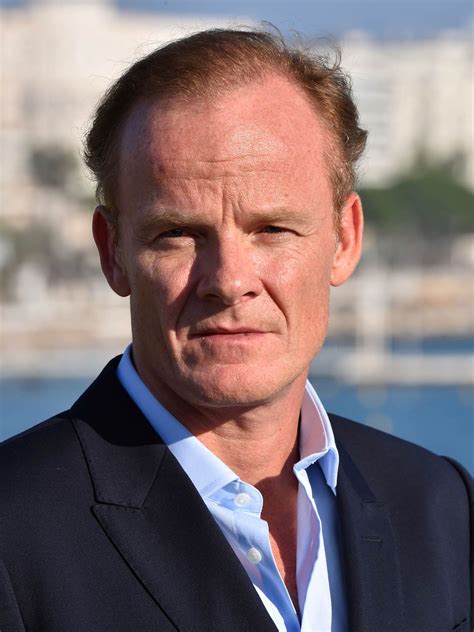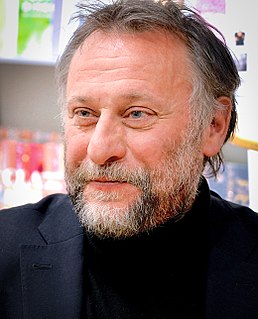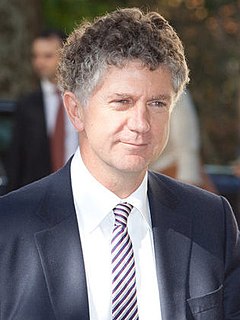A Quote by Charles Stross
I like lassic British spy thrillers. Seriously. If the cold war was still on, that's something I'd be writing.
Related Quotes
Of John Le Carre's books, I've only read 'The Spy Who Came In From The Cold,' and I haven't read anything by Graham Greene, but I've heard a great deal about how 'Your Republic Is Calling You' reminded English readers of those two writers. I don't really have any particular interest in Cold War spy novels.
What Stieg Larsson was up to - it was the Swedish guilt over World War II. All of our neighbors had the most terrible experiences with the bad forces, but Sweden didn't. I think we use the thrillers in a different way. We never write a thriller like 'Who is the murderer?' The big question in most of our thrillers is... 'Why?'
There seems to be a sense in the British media that prime ministers enjoy going to war. They do not. The decision to send British soldiers into battle is the worst and most stomach-churning senior politicians have to take. It makes them wake up in the middle of the night in a cold sweat worrying if they have done the right thing.





































